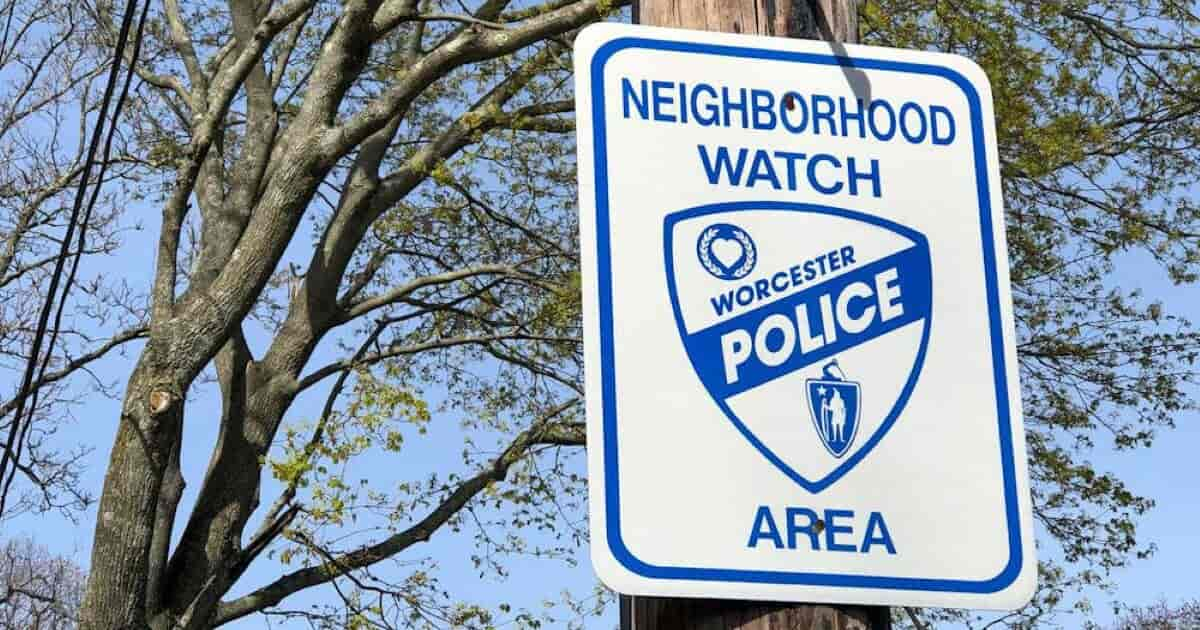The Massachusetts Division of Fisheries and Wildlife (MassWildlife) have removed two bears from the Worcester area in two consecutive days this week.
MassWildlife and the Massachusetts Environmental Police immobilized and relocated a yearling black bear between one and two years old from I-290 in Worcester on Sunday, May 17.
A yearling bear is between one and two years old. Bears leave the care of their mother during this year and set out on their own for the first time.
https://www.instagram.com/p/CAOoptrHQsd/
A report on Monday, May 18, reported a bear in the Burncoat area. MassWildlife and the Environmental Police decided this bear would also require being immobilized and relocated.
https://www.instagram.com/p/CAVdP5Kned8/?utm_source=ig_web_copy_link
Dave Wattles, the Black Bear & Furbearer Project Leader at MassWildlife told ThisWeekinWorcester.com that during this time of year bear sightings in residential areas are not rare. He said the need to immobilize occurs only two or three times per year, however.
Officials at MassWildlife and the Environmental Police do not take the decision to immobilize easily, as it can be dangerous, or even fatal, to the animal.
Typically bears vacate residential areas on their own after a short time.
The bear in Auburn had made its way to the shoulder of Rt. 290. The possibility of it getting closer to traffic and causing an accident with nearby traffic caused the decision to move it to a safer area.
The bear in the Burncoat area made its way into an area with high population density, causing the decision to relocate it.
How You Can Help Bear Behavior
Several factors lead to an increase to bears in residential areas during this time of year, according to Wattles. Bears are in mating season, which increases their level of activity in several ways. Yearlings, in their first season on their own, tend to find themselves in trouble during this part of the season.
The primary reason bears wander toward residential areas is to search for food. They are naturally eating grass in wetlands areas around Worcester during this time of year. The enticement of higher nutrients in bird seed found in many resident’s feeders or discarded in their trash is too much to resist for the animals.
Although the bear population is on the rise in Massachusetts, they are typically not problematic to residential areas. When food sources lure them into residential areas, bears can create problems like killing chickens, destroying trash receptacles and creating a mess on your property.
Keeping potential food sources on your property secure is the best way to prevent the nuisance they can cause.
WATCH BELOW: Don’t Feed the Bears – Keep Bears Wild from MassWildlife
What to do if a Bear Visits Your Property
Wattles stresses that if you have a bear on or near your property, the best thing to do is leave it alone. When it feels confident it can move along safely, it will.
If it climbs up a tree, do not gather around to watch it. Bears often climb to get away from a perceived threat. Given the animal is several times stronger than humans, making it feel trapped in a tree could cause aggression.
Do not follow it to take a picture. If a bear feels pursued or trapped, that can induce an aggressive response.
There has never been a fatal bear attack documented in Massachusetts, according to MassWildlife.










